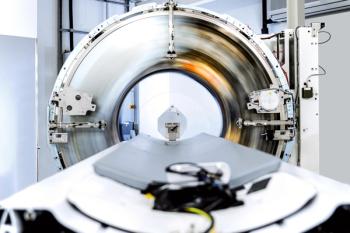
The approval represents the first major technological advance in CT in nearly a decade.
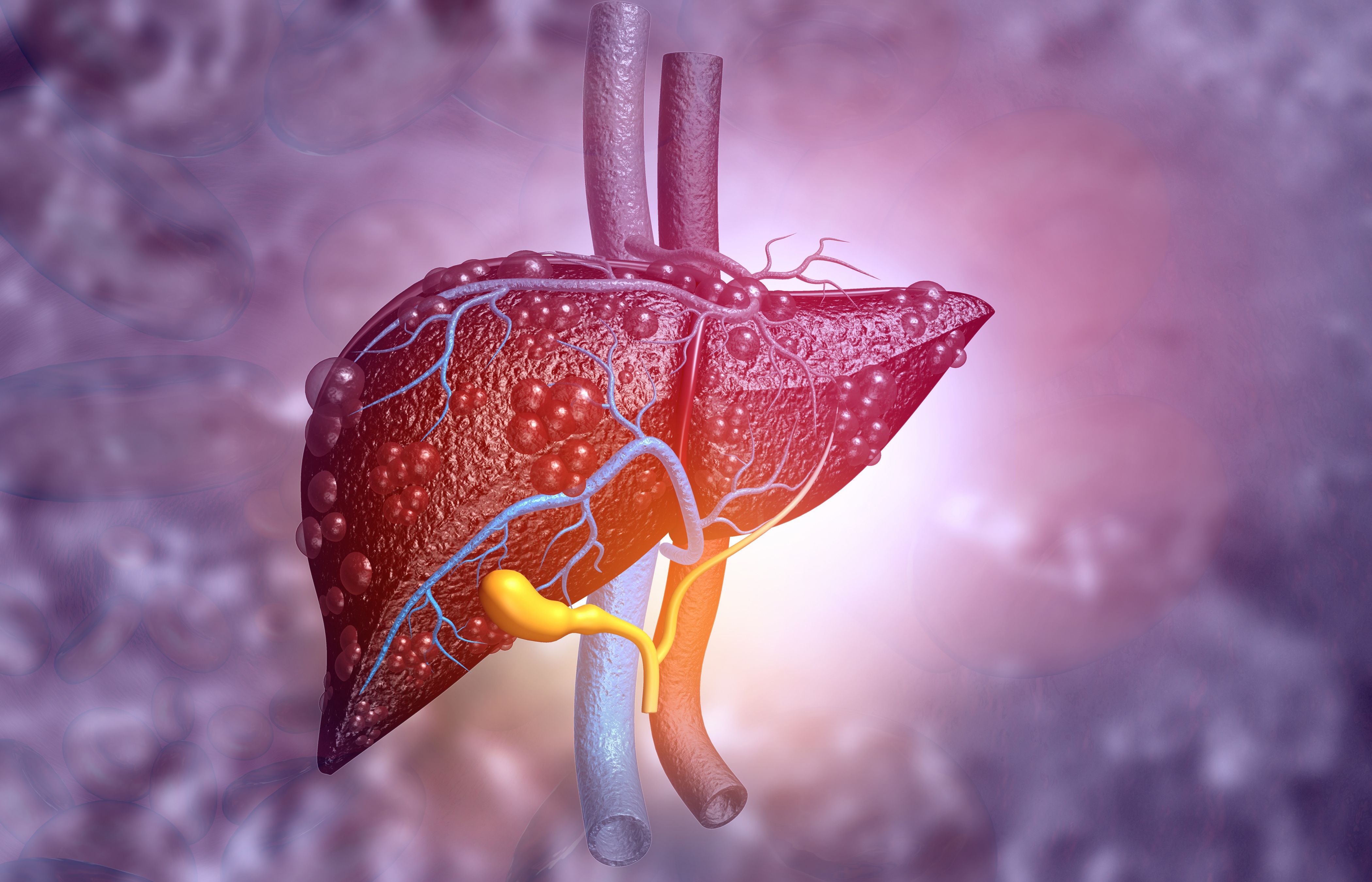
Early PET/CT Can Help Predict Treatment Response, Survival of Patients with Liver Cancer

The approval represents the first major technological advance in CT in nearly a decade.

Screening for COVID-19 exposure, particularly for patients with cancer on active treatment, has become a priority during the pandemic.
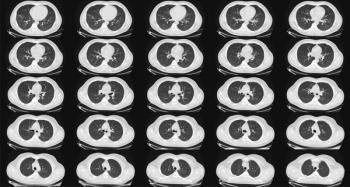
Clinicians, especially those working in a region of high COVID-19 prevalence, should be aware that FDG PET/CT can detect lung and lymph node findings suggestive of COVID-19.
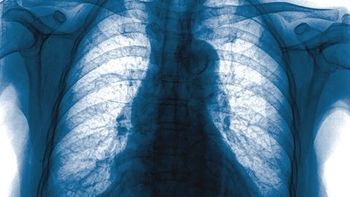
Both board-certified radiologists and radiology residents more appropriately suggested chest CT follow-up when using artificial intelligence with chest X-ray.
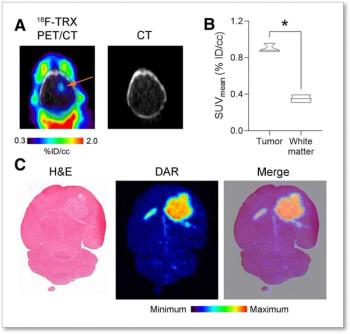
Measurements can help predict which tumors will respond to targeted therapies.
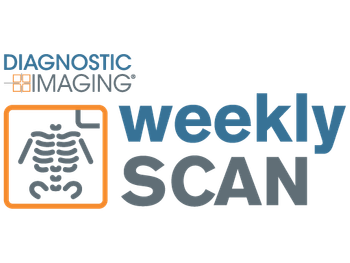
Take a quick look at Diagnostic Imaging's Top 5 stories of the week.
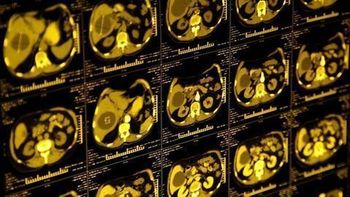
American College of Chest Physicians has published new expert panel guidance around the use of low-dose CT.

Having the right technology in place can boost patient confidence in therapy.
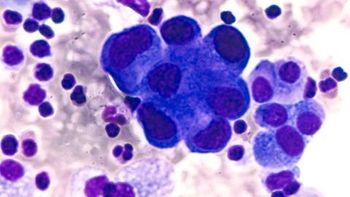
The potential opportunities are numerous for virtual biopsies, radiomics, and radiogenomics.

Take a quick look at Diagnostic Imaging's Top 5 stories of the week.
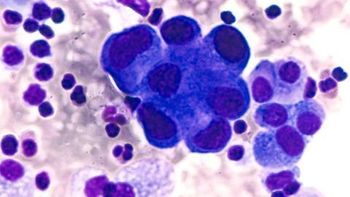
Using PET/CT images to assess the level of a non-small cell lung cancer biomarker can help patients avoid invasive biopsy.

Recently approved PMSA-targeted radiotracer can pinpoint biochemical recurrent prostate cancer in men with unhelpful standard imaging.

Take a quick look at Diagnostic Imaging's Top 5 stories of the week.
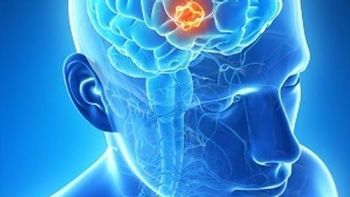
Patients who have their disease detected with low-dose CT have a half-fold risk of brain metastasis than patients screened with other methods.

Take a quick look at Diagnostic Imaging's Top 5 stories of the week.
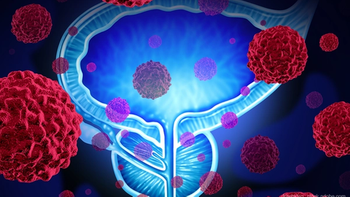
Using advanced PET imaging instead of just traditional imaging alone can improve outcomes for patients with prostate cancer.
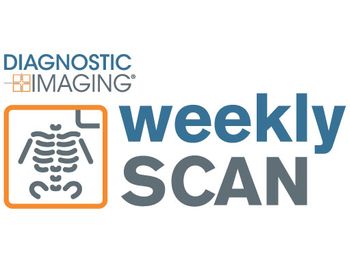
Take a quick look at Diagnostic Imaging's Top 5 stories of the week.
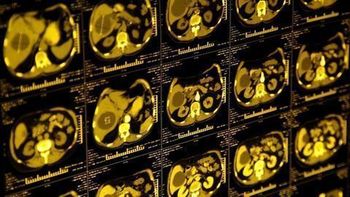
Using a deep learning algorithm enables providers to screen high-risk patients for both lung cancer and cardiovascular disease.

Take a quick look at Diagnostic Imaging's Top 5 stories of the week.
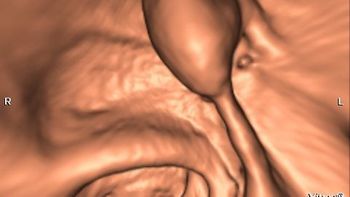
Move could help address worse colorectal cancer outcomes for Black patients.
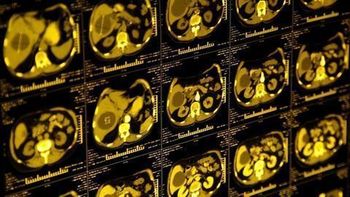
The deep learning algorithm can distinguish between malignant and benign nodules at initial screening.

Here's what to expect this week on Diagnostic Imaging.

In this patient with progressive anemia, what is your diagnosis on this CT?

A low-dose CT for lung cancer screening can also predict a five-year cardiovascular disease risk of death when using a deep learning algorithm.

Two interventions to increase lung cancer screening rates from the clinical and community perspectives.